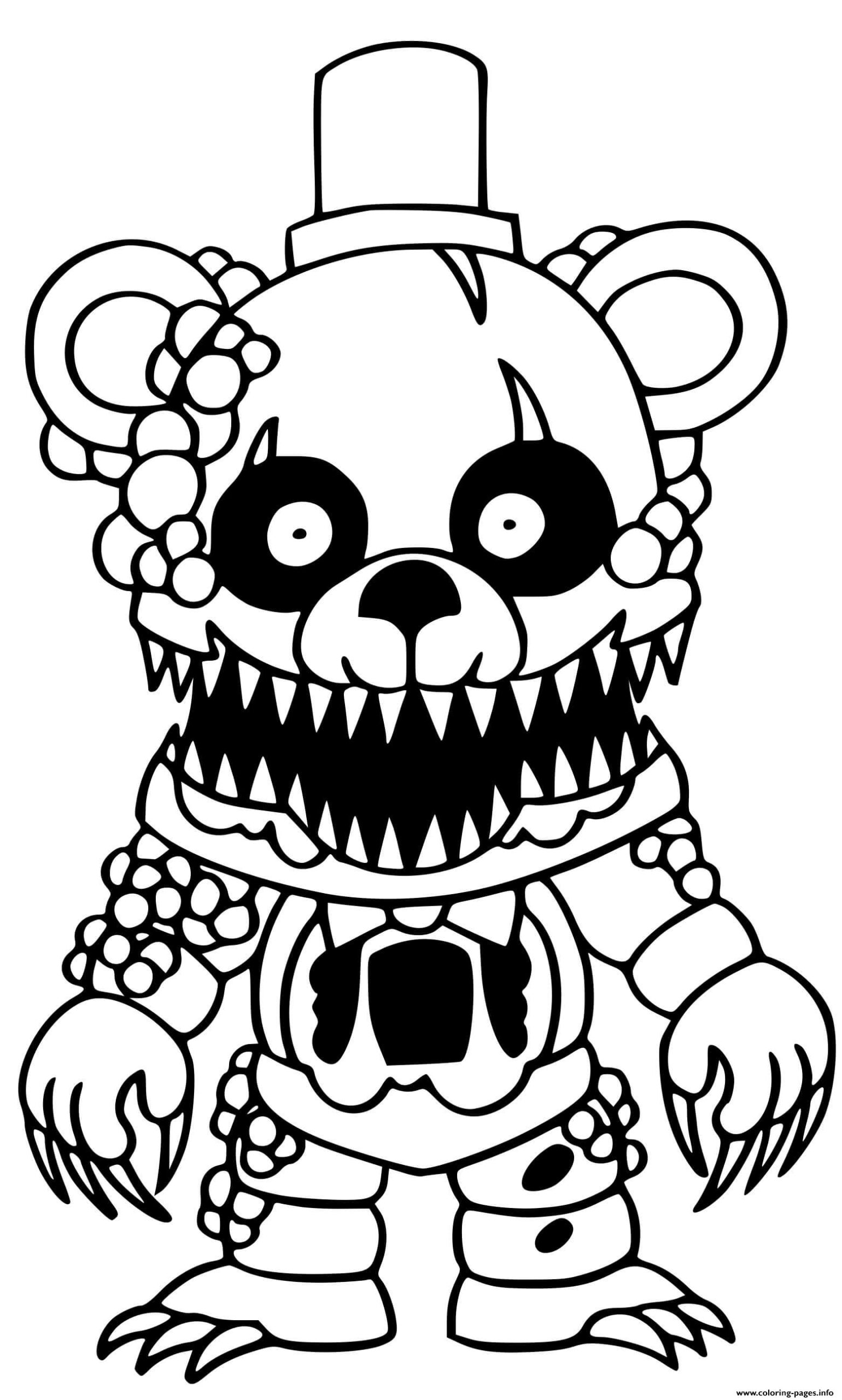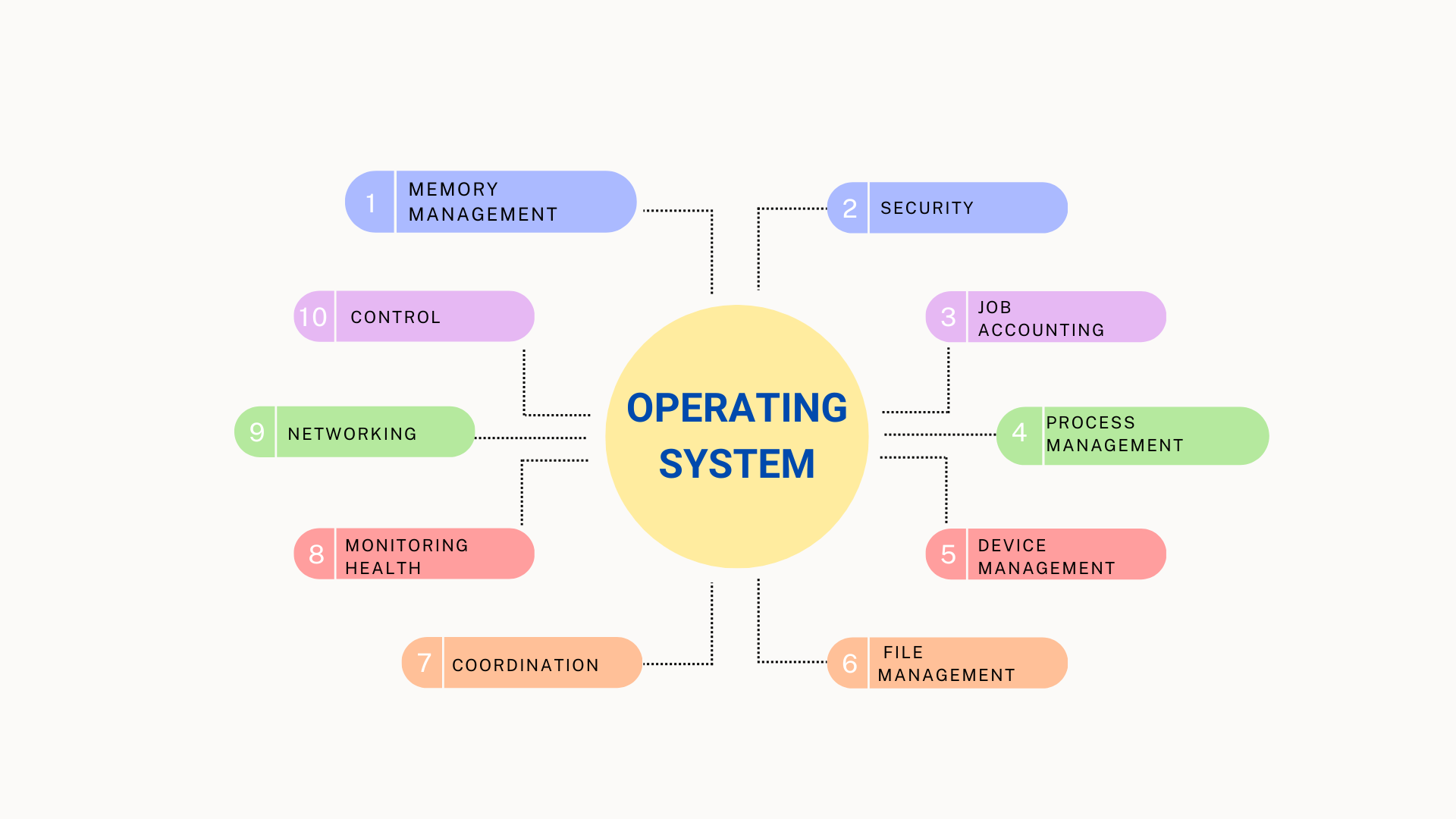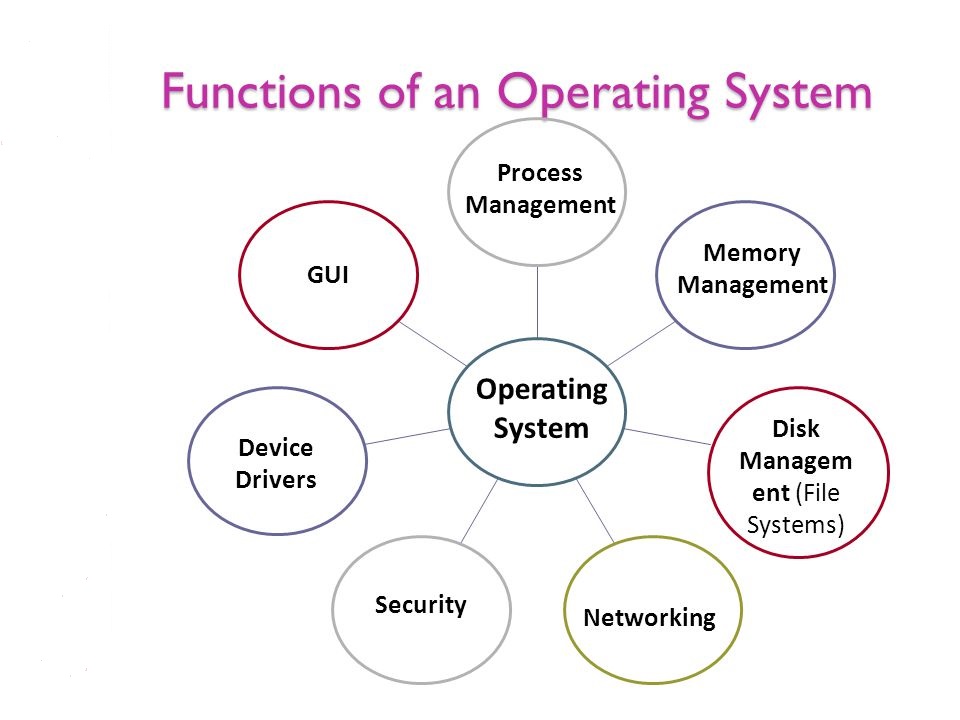Functions Of Operating System
The main task an operating system carries out is the allocation of resources and services such as the allocation of memory devices processors and information The operating system also includes programs to manage these resources such as a traffic controller a scheduler a memory management module I O programs and a file Operating systems. Common features. Process management. Interrupts. Memory management. File system. Device drivers. Networking. Security. Input/output. v. t. e. An operating system ( OS) is system software that manages computer hardware and software resources, and provides common services for computer programs .

Coordination between other software and users Operating systems also coordinate and assign interpreters compilers assemblers and other software to the various users of the computer systems Memory Management The operating system manages the primary memory or main memory The functions of an operating system are diverse and essential for the efficient operation of a computer system. From process management to user interface, each function contributes to the overall performance and usability of the system.

Functions Of Operating System
Second operating systems can easily manage computers low level functionalities including network interfaces and disk storage Without an operating system applications must feature UIs resulting in larger application sizes and challenging software development What is an operating system Functions of operating system comprehensive guide. What are the functions of operating system youtubeFunctions of operating system.

Functions Of Operating System Logicmojo

Functions Of Operating System
The OS performs basic tasks such as controlling and allocating memory prioritising system requests controlling input and output devices facilitating network communication and managing files The OS acts as an interface between the user and the computer hardware allowing the user to execute programs and access data operating system (OS), program that manages a computer ’s resources, especially the allocation of those resources among other programs. Typical resources include the central processing unit (CPU), computer memory, file storage, input/output (I/O) devices, and network connections.
Functions of Operating System Real time systems Tasks in Real Time systems Difference between multitasking multithreading and multiprocessing Types of computer memory RAM and ROM Difference between 32 bit and 64 bit operating systems What happens when we turn on computer Boot Block What is an operating system? An operating system is the most important software that runs on a computer. It manages the computer's memory and processes, as well as all of its software and hardware. It also allows you to communicate with the computer without knowing how to speak the computer's language. Without an operating system, a.